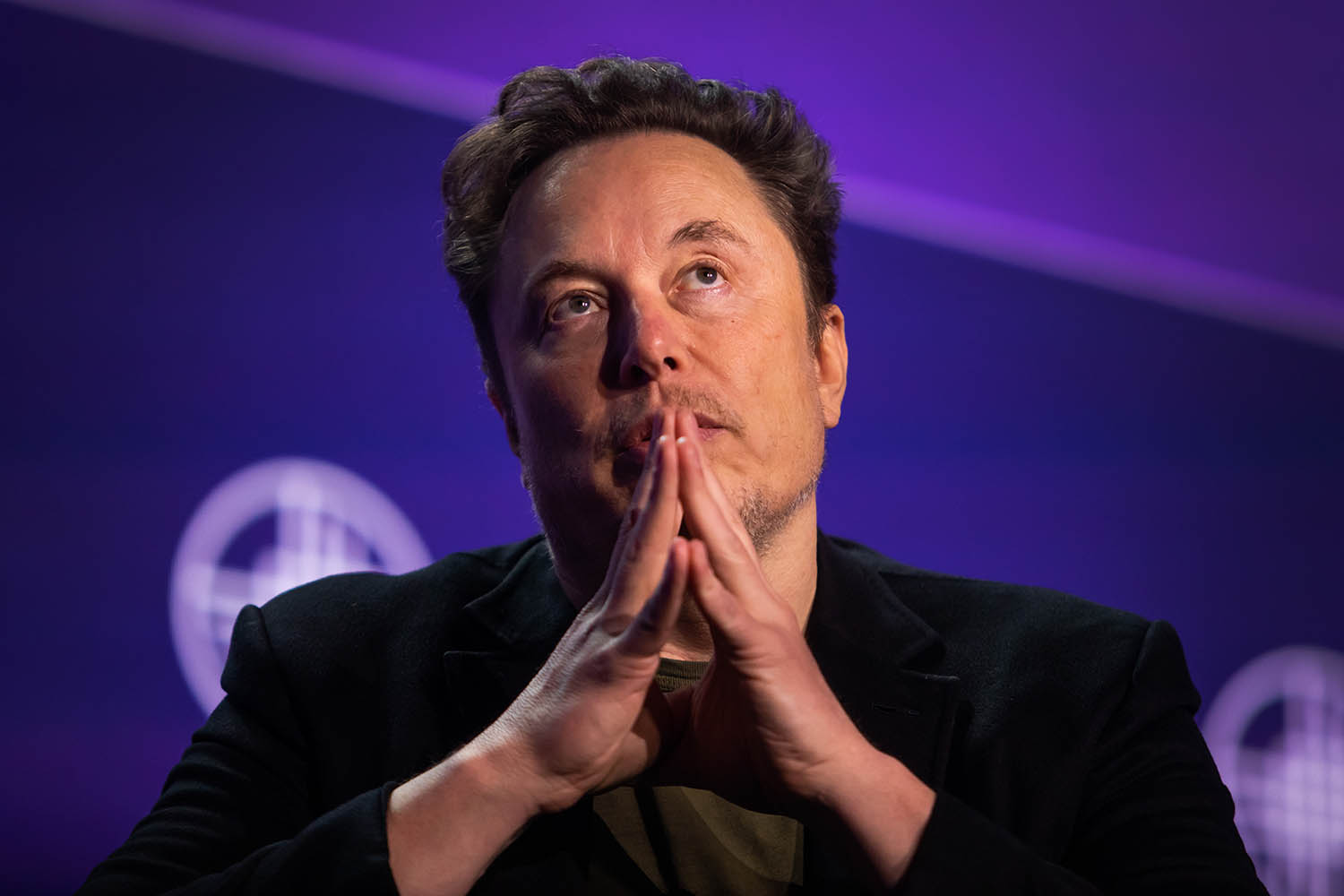
If $46 billion does materialise, Musk should expect to spend a good chunk on legal bills.
Tesla shareholders have voted to reapprove a $46 billion pay package for Elon Musk and to move the company’s legal domicile from Delaware – where the award was thrown out by a judge – to Texas.
So what? The ride doesn’t stop here. Musk still faces a lengthy battle to convince Kathaleen McCormick, the judge who found Tesla’s board was “beholden” to him, to let him pocket the largest bonus in US corporate history. Besides obvious concerns about the precedent set by the package, this prompts questions about
- what counts as independent governance;
- how Musk juggles his fiduciary duties to multiple companies; and
- whether his blurring of the public and private (see recent revelations about his relationships with staff at SpaceX) could crash the carmaker.
X-tortion? A lawsuit filed last week in the same court that nullified Musk’s 2018 award alleges he “engaged in strong-arm, coercive tactics to obtain stockholder approval” for the votes. These include:
- A statement made in January that he would “prefer to build products outside of Tesla” if he doesn’t gain 25 per cent voting control.
- A decision to redirect thousands of high-quality Nvidia AI chips reserved for Tesla to his private companies X and xAI.
- A failure to disclose “a complete or fair” picture of the tax implications of re-approving the pay plan, which could “wipe out Tesla’s pre-tax profits for the last two years”.
“Elon is not-so-subtly suggesting that if he doesn’t get what he wants he’ll start moving AI assets and opportunities out of Tesla,” says Joel Fleming, a securities lawyer at Equity Litigation Group. “I think the Delaware courts will think that is coercion and would undermine any vote in favour of ratifying the package.” Musk did not immediately respond to the lawsuit.
xAI, Musk’s startup focused on generative AI, received $6 billion in funding last month from VC investors including Andreessen Horowitz and Sequoia Capital. It has poached several Tesla employees and recently announced it’s planning to build the “world’s largest supercomputer” in Tennessee – a move that will likely draw resources away from Tesla’s own supercomputer ambitions in Texas.
Board of bros. Shareholders who voted against Musk’s pay package say the arguments laid out in McCormick’s 200-page judgment stick. “The Tesla board of directors remains one of the worst examples of a board in US business. They are not independent,” says Ross Gerber, a shareholder who at one point held a $120 million position in the automaker.
At the time of McCormick’s judgement directors included:
- Kimbal Musk, Elon’s cowboy hat-wearing brother who is also a director at SpaceX.
- James Murdoch, who has taken multiple family holidays with Musk.
- Ira Ehrenpreis, who had a 15-year business relationship with Musk, and
- Todd Maron, Musk’s former divorce attorney.
Since then, a new independent director, Kathleen Wilson-Thompson, has been appointed while Maron has departed. But critics still doubt whether her approval of the 2018 package, which Tesla says was independently advised, will convince the judge the board is neutral.
They argue withholding the compensation is unfair given 73 per cent of stockholders voted for the moonshot all-stock proposal in 2018. Around 40 per cent of the total are retail investors, who generally view Tesla’s success as synonymous with Musk.
Boundary-blurring. The vote passed despite further question marks raised this week over Musk’s behaviour. The WSJ published a story on Tuesday which alleged Musk had
- asked a woman who worked directly for him at SpaceX on “multiple occasions to have his babies”;
- propositioned a flight attendant, offering to buy her a horse if she gave him an erotic massage; and
- started a relationship with an engineer 20 years his junior and invited her over to his Los Angeles mansion. When she didn’t reply to his late-night message he texted: “Are you coming over? If not, I will probably tranq out,” – a possible reference to Musk’s use of prescription ketamine, which he claims doesn’t affect his work.
It’s not hard to see how this sort of behaviour, if substantially true, might constitute a business risk. Indeed, eight former SpaceX employees have now sued the company and Musk alleging he ordered them to be fired for challenging what they called “rampant sexual harassment” and a “Dark Ages” culture.
What’s more, despite deciding to drop a lawsuit against OpenAI, Musk faces a plethora of other cases that accuse him of insider trading, the secret acquisition of Twitter stock, and – perhaps most concerningly for Tesla – a DOJ investigation into whether the company committed securities fraud by misleading investors about self-driving capabilities.
If $46 billion does materialise, Musk should expect to spend a good chunk on legal bills.












